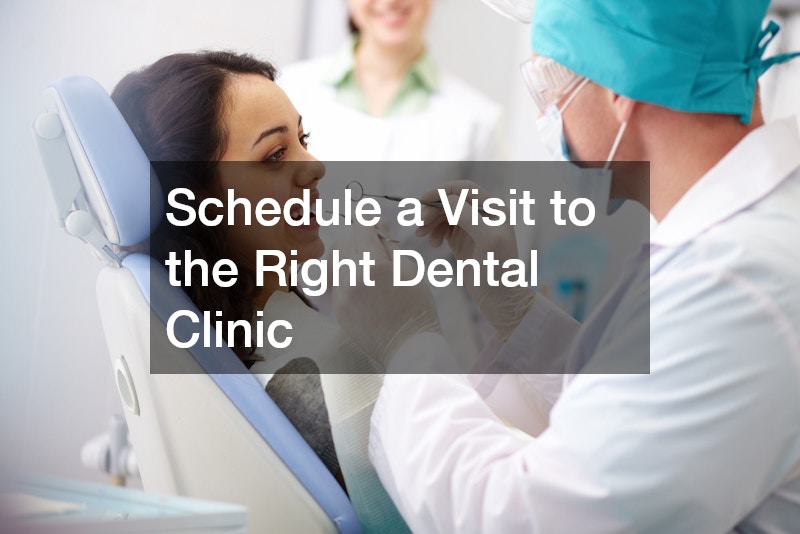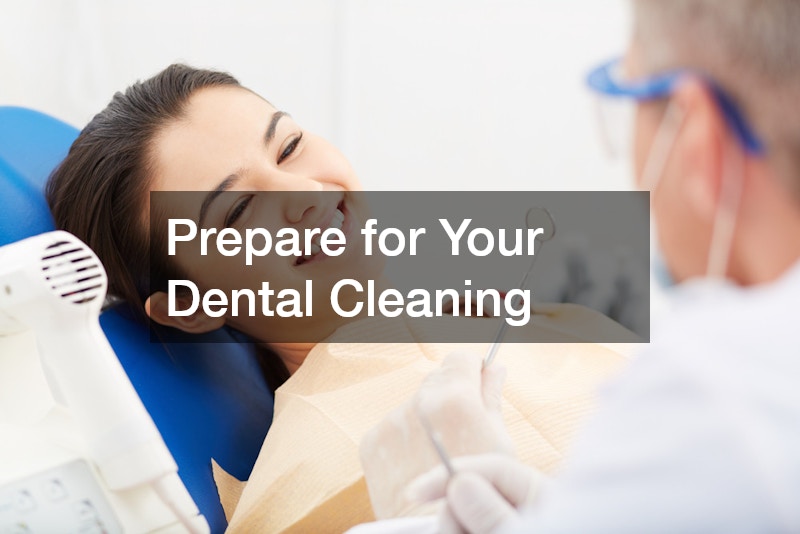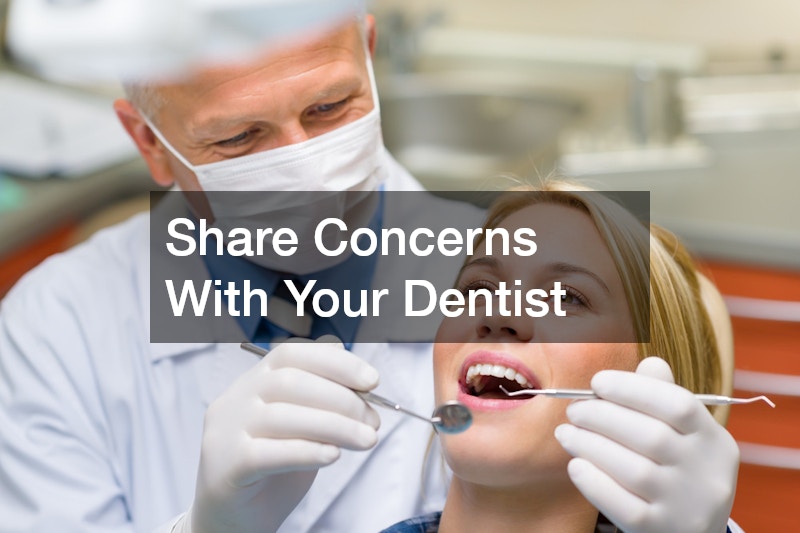Visiting the dentist is an essential part of maintaining oral health, but many people feel anxious or unprepared before their appointment. Whether it’s a routine check-up, a dental cleaning or addressing specific concerns, being prepared ensures you get the most out of your visit. A little planning beforehand can also reduce stress and help the dentist provide the best possible care.
Here are three key things you should do before heading to your next appointment that will make the experience smoother, more comfortable and more beneficial for your oral health.
Schedule a Visit to the Right Dental Clinic
Choosing the right dental clinic is the first step to ensuring a positive experience. Not all clinics are the same, and selecting one that matches your needs is crucial. Look for a clinic with qualified staff, modern facilities and a reputation for patient-centred care. Reading reviews, checking credentials and even asking friends or family for recommendations can help narrow down your options. The right environment can make a significant difference, especially if you’re someone who feels nervous about visiting the dentist.
A professional clinic provides more than just treatments—it creates a supportive atmosphere where you feel comfortable discussing your concerns. From the moment you step into the waiting room, a good clinic should give you confidence in the quality of care you’ll receive. Consider factors such as convenience of location, available services and whether they offer flexible appointment times to fit your schedule. These practical elements make it easier to stay consistent with visits, which is key to maintaining long-term dental health.
Once you’ve chosen a clinic, scheduling your appointment in advance is vital. Popular dentists often book up quickly, so securing a spot early ensures you don’t delay necessary treatments or check-ups. Regular visits also allow your dentist to monitor your oral health over time, catching small issues before they become major problems.
Prepare for Your Dental Cleaning
One of the most common reasons people visit the dentist is for a dental cleaning. This service removes built-up plaque and tartar that daily brushing and flossing can’t always reach. To make the most of this appointment, a little preparation goes a long way. Brushing and flossing before your visit not only ensures your teeth are clean but also helps the dentist see any problem areas more clearly.
In addition, consider avoiding food and drinks that can stain your teeth right before your appointment. Beverages like coffee, tea or red wine can leave surface stains that may make the cleaning process slightly more difficult. Arriving with a fresh, clean mouth also shows courtesy to the dental professionals who will be working closely with you.
If you have specific concerns, such as sensitivity or discomfort during cleanings, it’s helpful to make a note of these beforehand. Some people also benefit from using a fluoride rinse or desensitising toothpaste leading up to the appointment, which can reduce sensitivity during the procedure. Preparing in this way can make the experience more comfortable while ensuring the cleaning is as effective as possible.
Remember, a dental cleaning is not just cosmetic—it plays a vital role in preventing gum disease, cavities and bad breath. By preparing properly, you’ll help the dentist deliver the best possible outcome for your oral health.
Share Concerns With Your Dentist
Communication is one of the most important aspects of any healthcare appointment. Before seeing your dentist, take time to think about any issues you’ve noticed. Are you experiencing tooth pain, bleeding gums or jaw discomfort? Have you observed sensitivity to hot or cold foods? These are all concerns that should be shared during your visit.
Being open about your symptoms allows the dentist to tailor the examination and provide more accurate recommendations. Even if something seems minor, mentioning it can prevent a small problem from becoming more serious down the track. For example, bleeding gums may simply mean you need to adjust your brushing technique or it could be an early sign of gum disease. The earlier these issues are identified, the easier they are to treat.
It’s also important to share lifestyle habits that could affect your oral health. For instance, if you grind your teeth at night, enjoy frequent sugary snacks or use tobacco, these are factors your dentist should know. They can then offer personalised advice or solutions, such as recommending a mouthguard or suggesting preventive measures.
Finally, don’t hesitate to ask questions about treatments, procedures or oral care routines. A good dentist welcomes patient involvement and wants you to feel informed and confident about your dental health. Whether you’re curious about teeth-whitening options, wondering how often you should floss or need clarification on treatment plans, open communication builds trust and ensures better results.
Preparing for a dental appointment doesn’t need to be complicated, but it can make a big difference in the quality of your care. Choosing the right dental clinic, taking steps to prepare for your dental cleaning and sharing concerns openly with your dentist are three simple yet powerful ways to make your visit more effective and less stressful.
By approaching your appointments with preparation and communication, you not only improve your oral health but also build a stronger relationship with your dental care team. Ultimately, these small steps help you get the most out of every visit, ensuring your smile stays healthy and confident for years to come.



